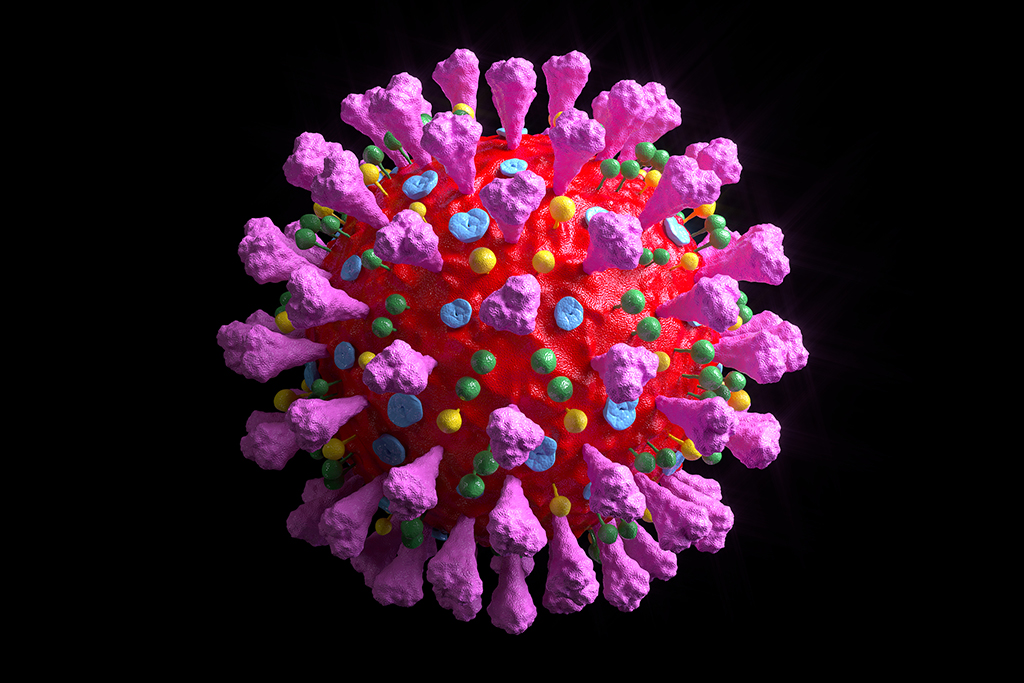The COVID-19 (novel coronavirus) presents a profound challenge to the health and wellbeing of the communities with whom the UNSW Centre for Social Research in Health works. In line with university and sector recommendations, CSRH has suspended all face-to-face fieldwork and encouraged staff and students to observe physical distancing and work from home. A number of projects we conduct have been suspended or delayed, while we adjust others to operate remotely and assess the impact of COVID-19 on participants.
In the interests of supporting the communities we work with, we note the following advice and recommendations from some of our key partner organisations:
- To protect the safety of Aboriginal participants, particularly those in regional and remote communities, the Aboriginal Health and Medical Research Council (NSW) has suspended ethics approval of all face-to-face data collection and recommends using alternative methods. All non-essential travel to regional and remote Aboriginal communities should be avoided.
- Hepatitis Australia has issued this guidance for people affected by hepatitis B or C, noting that those with advanced liver disease may be more at risk of serious illness. They encourage those on treatment to plan ahead and make sure they have a sufficient supply of medication to avoid missing doses.
- The Australian Federation of AIDS Organisations has produced a factsheet, Making Sense of COVID-19, for LGBTIQ and HIV-affected communities. They note that a number of LGBTIQ and HIV organisations recommend avoiding casual sex to reduce the transmission of COVID-19 (a recommendation that applies to the whole population), and that people on HIV treatment should make sure they have a sufficient supply of medication, in case they need to self-isolate.
- Detainees and inmates in correctional centres are at increased risk of COVID-19 due to close proximity and the inability to practice physical distancing. Agencies like Justice Health (NSW) have instituted additional screening measures for inmates, patients, visitors and staff. We note and support the recent call to release inmates early to reduce the risk of COVID-19 in custodial settings.
- The incomes and security of sex workers have been hit particularly hard by COVID-19, with the industry largely shuttered due to the pandemic amid concern that many workers will not be easily able to apply for income support. The peak body Scarlet Alliance has issued this statement of impact and resource, and has organised crisis funding for precarious workers.
